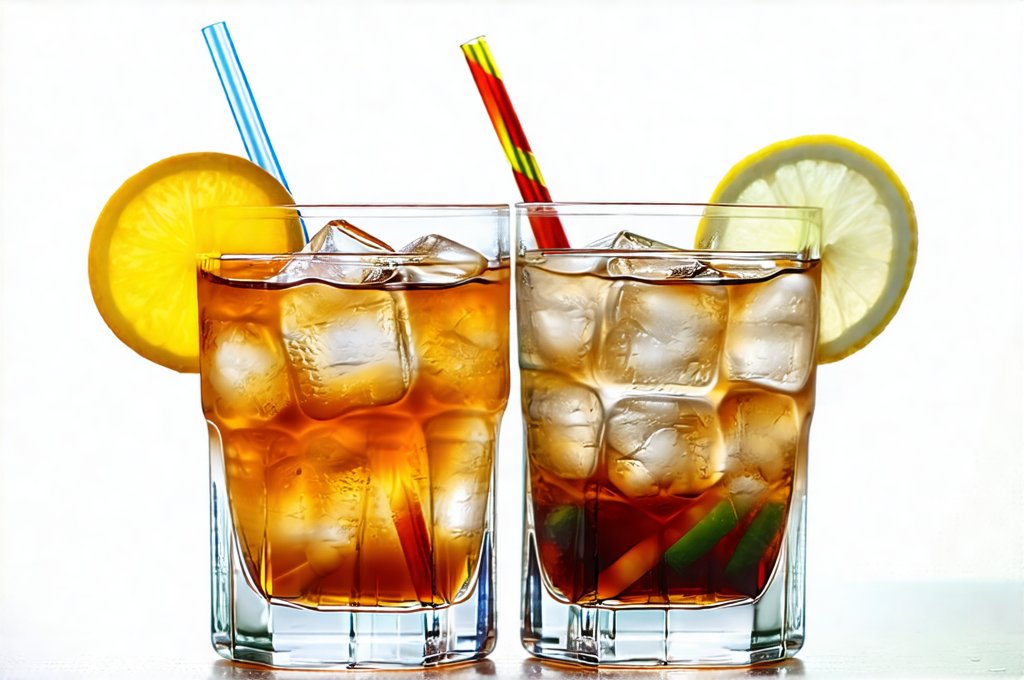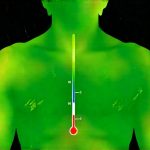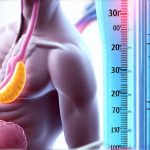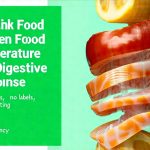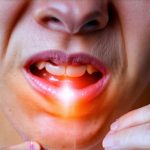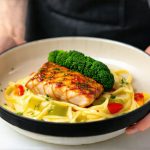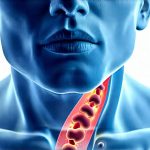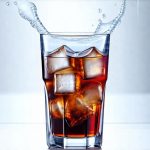Gastroesophageal reflux disease (GERD) affects millions worldwide, manifesting as heartburn, acid indigestion, and sometimes more severe symptoms like respiratory issues. Many individuals living with GERD often wonder about dietary choices and their impact on managing the condition. A common question arises: do cold drinks offer relief or potentially worsen symptoms? This seemingly simple query has a surprisingly complex answer rooted in how our digestive system functions and interacts with temperature variations. Understanding this interplay requires examining the physiological mechanisms behind both GERD and the effects of cold beverages on esophageal health, as well as individual sensitivities that play a significant role.
The discomfort associated with GERD isn’t merely about stomach acid; it’s about the lower esophageal sphincter (LES), a muscular ring that normally prevents stomach contents from flowing back up into the esophagus. When the LES malfunctions or weakens, this reflux occurs, irritating the sensitive lining of the esophagus and causing those familiar burning sensations. Diet plays a substantial role in influencing LES function and acid production. While some foods are known triggers (spicy foods, fatty meals, caffeine), the effect of temperature – specifically cold drinks – is less straightforward and warrants detailed investigation. It’s important to remember that experiences with GERD are highly individual; what exacerbates symptoms for one person might have little or no impact on another. Can you react to the same food differently over time, and this applies to temperature as well.
The Paradoxical Effects of Cold Drinks on GERD
Cold beverages can initially seem soothing to a throat irritated by acid reflux, providing temporary relief due to their cooling sensation. This is because cold temperatures can temporarily numb nerve endings, reducing the perception of pain and discomfort. However, this immediate comfort may be deceptive. The act of drinking – even something as simple as water – can actually contribute to increased stomach volume, placing greater pressure on the LES. This heightened pressure makes reflux more likely, potentially negating any temporary soothing effect. Furthermore, cold liquids can cause rapid changes in temperature within the digestive system, which may disrupt normal esophageal motility (the coordinated muscle contractions that move food down).
The impact isn’t consistent across individuals. Some people find that very cold drinks worsen their GERD symptoms significantly, while others experience no noticeable difference or even mild relief. This variability likely stems from differences in LES strength, esophageal sensitivity, and overall digestive health. It’s also important to consider the type of cold drink – carbonated drinks for example, introduce gas into the stomach, further increasing pressure and potentially triggering reflux. The sugar content in some drinks can also play a role as excessive sugar intake may contribute to inflammation and affect LES function over time.
Ultimately, the relationship between cold drinks and GERD is multifaceted. While initial cooling sensations might provide temporary relief, the potential for increased stomach pressure and disrupted motility often outweigh these benefits for those prone to frequent or severe reflux episodes. It’s not about eliminating cold drinks entirely, but rather understanding how they affect your body specifically. Can music or light also impact gut symptoms and sensitivities.
Understanding Esophageal Sensitivity & Motility
Esophageal sensitivity refers to how readily nerve endings in the esophagus are triggered by acid exposure. Individuals with hypersensitive esophagi experience more pain and discomfort even with relatively small amounts of reflux, whereas others may tolerate significant acid exposure without noticeable symptoms. This heightened sensitivity can be influenced by factors like chronic inflammation or previous esophageal damage. The role of cold drinks here is complex; while the cooling sensation might temporarily mask pain, it doesn’t address the underlying hypersensitivity and could even lead to a false sense of relief, encouraging behaviors that exacerbate reflux.
Esophageal motility – the rhythmic contractions that propel food down the esophagus – is crucial for efficient digestion and preventing backflow. Cold temperatures can sometimes disrupt these normal muscle movements, leading to delayed gastric emptying (the rate at which food leaves the stomach) and increased risk of reflux. Imagine a slow-moving traffic jam in your digestive system; the longer food stays in the stomach, the greater the chance it will push against a weakened LES. This disruption is often subtle and doesn’t happen with every cold drink, but it can contribute to a pattern of worsening symptoms over time. Can hormonal imbalance worsen IBS symptoms as well, which can affect digestion.
Identifying personal triggers is key. Keeping a detailed food diary that includes beverage temperature and any associated GERD symptoms can help pinpoint how different drinks affect your individual experience. This self-monitoring allows for more informed dietary choices and proactive management of the condition.
The Role of Carbonation & Sugar
Carbonated beverages – sodas, sparkling water, even some fruit juices – introduce significant amounts of gas into the stomach. This increased gastric pressure is a well-established trigger for GERD symptoms. When the stomach expands with gas, it puts more strain on the LES, increasing the likelihood of acid reflux. The bubbles themselves can also irritate the esophageal lining, exacerbating discomfort. Even seemingly innocuous sparkling water, while hydrating, can contribute to these issues if you’re prone to reflux.
The sugar content in many cold drinks adds another layer of complexity. High sugar intake has been linked to chronic inflammation throughout the body, including the digestive tract. Chronic inflammation can weaken the LES and increase esophageal sensitivity, creating a vicious cycle of worsening symptoms. Furthermore, sugary beverages often lack fiber, which helps regulate digestion and promote healthy bowel movements – a factor that indirectly impacts GERD management.
Consider alternatives: Plain water (temperature-neutral or slightly warm), herbal teas (non-mint!), and diluted fruit juices are generally better choices for individuals with GERD. If you must consume carbonated beverages, do so sparingly and observe how they affect your symptoms. Are cold breakfasts harder on the gut? It’s a similar principle to consider with other temperature variations.
Temperature & Gastric Emptying Rates
Gastric emptying refers to the speed at which food moves from the stomach to the small intestine. A slower rate can increase the risk of reflux because it gives more time for acid to build up in the stomach, increasing pressure on the LES. Cold drinks have been shown in some studies to slow gastric emptying compared to warmer beverages. The exact mechanism isn’t fully understood, but it’s thought that cold temperatures cause muscles in the stomach to contract differently, slowing down the digestive process.
This effect is particularly relevant for individuals with pre-existing GERD. If your LES is already weak or compromised, even a slight slowdown in gastric emptying can be enough to trigger reflux symptoms. Conversely, warmer liquids may promote faster gastric emptying, reducing the risk of backflow. However, extremely hot beverages should also be avoided as they can irritate the esophageal lining and worsen heartburn.
The ideal temperature range for fluids is often a matter of personal preference and tolerance. Experimenting with different temperatures – room temperature, slightly warm, or cool (but not ice-cold) – can help determine what works best for your digestive system. Remember that these are general guidelines and individual responses may vary considerably.
In conclusion, the question of whether cold drinks worsen GERD or soothe the throat is not easily answered. While the initial cooling effect might provide temporary relief, the potential drawbacks – increased stomach pressure, disrupted esophageal motility, and slowed gastric emptying – often outweigh these benefits, especially for those with frequent or severe reflux episodes. Understanding your individual sensitivities, monitoring your symptoms, and making informed dietary choices are crucial steps in managing GERD effectively. Prioritizing hydration with temperature-neutral fluids and avoiding carbonated, sugary beverages can significantly contribute to reducing discomfort and improving overall digestive health. Can cold weather also worsen digestive discomfort for some individuals.

